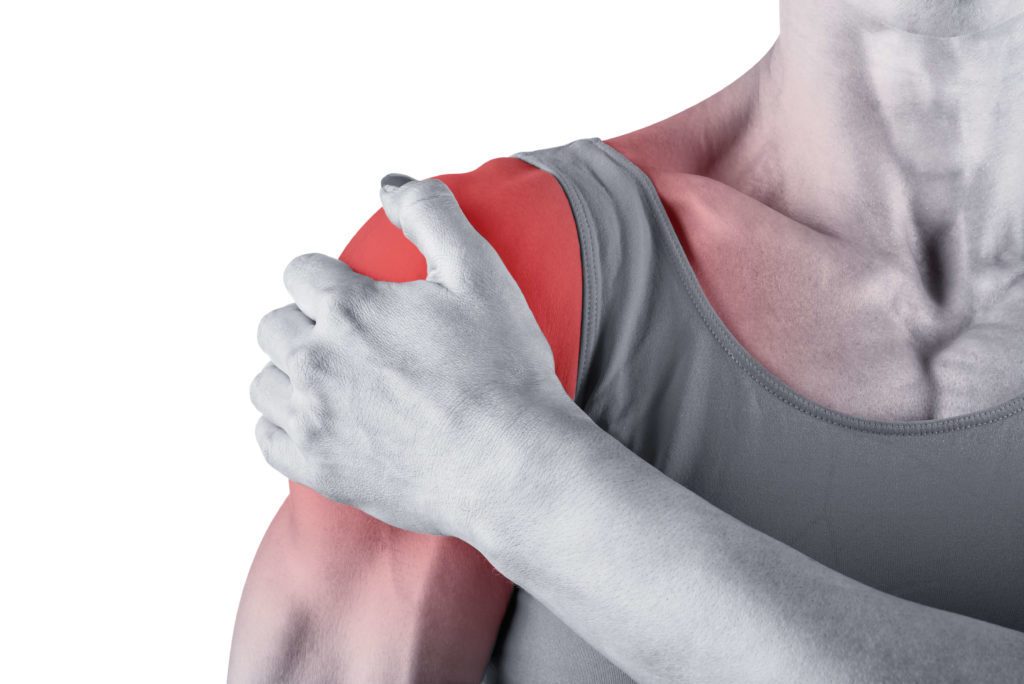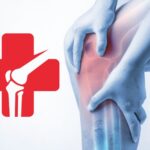Shoulder surgery treats shoulder issues, conditions, injuries like rotator cuff tears and dislocations, chronic conditions such as arthritis.
Shoulder joint surgery shown improved results for individuals. This article by Dr Simon Thomas, a top Robotic Joint Surgeon in Delhi explains the aspects of shoulder joint surgery, common reasons for the procedure, surgical techniques and recovery processes.
Reasons for Shoulder Joint Surgery
Shoulder joint surgery is recommended when conservative treatments, such as physical therapy and medication, fail to provide relief. Several conditions can necessitate surgical intervention, including:
- Rotator Cuff Tears: A torn rotator cuff is a common shoulder injury, often resulting from overuse or traumatic events. Surgery required to reattach or repair the damaged tendons.
- Frozen Shoulder (Adhesive Capsulitis): This condition involves the tightening of the shoulder capsule, causing pain and limited range of motion. Surgery releases the tightened capsule and restore mobility.
- Osteoarthritis: Severe osteoarthritis in the shoulder joint can lead to pain and loss of function.
- Labral Tears: The labrum is a ring of cartilage that surrounds the shoulder socket. Tears in the labrum can cause instability and discomfort. Surgical repair needed to address labral tears.
- Shoulder Instability: Recurrent dislocations or subluxations of the shoulder joint may require surgery to stabilize the joint and prevent further episodes.
- Fractures: Severe fractures of the shoulder bones, such as the humerus or collarbone, may necessitate surgical intervention to realign and stabilize the bones.
Shoulder Joint Surgery in Delhi: Advancements
Here are some of the latest innovations in the field:
- Arthroscopy: Arthroscopic shoulder surgery involves making small incisions and using a tiny camera (arthroscope) to guide the surgeon. This minimal incision reduces post-operative pain, scarring, and recovery time.
- Reverse Total Shoulder Replacement: This procedure reverses the orientation of the ball and socket joint, providing better stability and function.
- Biologic Treatments: Emerging biologic treatments, like platelet-rich plasma (PRP) and stem cell therapy, are being explored to promote tissue healing and reduce inflammation in the shoulder joint.
- Custom Implants: Some patients benefit from custom-made shoulder implants designed to match their unique anatomy. These implants improve function and reduce complication risks.
- Navigational Technology: Surgeons now have access to advanced navigation systems that provide real-time feedback during surgery, ensuring greater precision in implant placement and tissue repair.
Recovery and Rehabilitation
Successful shoulder joint surgery is not only about the procedure itself but also about post-operative care and rehabilitation. Here are some key aspects of the recovery process:
- Physical Therapy: Physical therapy is an essential part of shoulder joint surgery recovery. It helps improve strength, flexibility, and range of motion in the shoulder. Patients should diligently follow their prescribed rehabilitation exercises.
- Pain Management: Post-operative pain is common, but managed effectively with medications and other pain-relief techniques. Patients should communicate their pain levels with their healthcare team to ensure appropriate management.
- Use of Sling: Depending on the type of surgery, patients may need to wear a sling to support the shoulder during the initial healing period. It’s crucial to follow the surgeon’s instructions regarding sling use.
- Gradual Return to Activities: Patients should avoid strenuous activities and heavy lifting for a specified period, as recommended by their surgeon. A gradual return to regular activities should be supervised by a healthcare professional.
- Nutrition and Hydration: A balanced diet and proper hydration are essential for the healing process. Nutrients like vitamin C and protein aid in tissue repair.
- Follow-up Care: Regular follow-up appointments with the surgeon are vital to monitor progress and address any concerns or complications promptly.
Why Shoulder Joint Surgery from Dr. Simon Thomas
Shoulder joint surgery has come a long way, offering improved outcomes and better quality of life for those in need. With advancements in techniques and technology, patients can have confidence in the procedure’s effectiveness and safety.
- High Success Rates: Many shoulder joint surgeries, such as rotator cuff repairs and total shoulder replacements, have high success rates, leading to pain relief and improved function.
- Reduced Complications: Minimally invasive approaches, better surgical tools, and increased surgeon experience have contributed to reduced complications and faster recoveries.
- Personalized Care: Dr. Simon Thomas tailor treatments to each patient’s condition and needs, ensuring effective cure.
- Patient Education: Patients are increasingly well-informed about the surgical process, thanks to readily available information and discussions with their healthcare providers.
Shoulder Surgery can be a very good treatment alternative for patients suffering from shoulder injuries or problems. Consulting a top joint replacement surgeon in Pashchim Vihar for a second opinion will definitely help you to decide a perfect treatment for shoulder in Delhi













